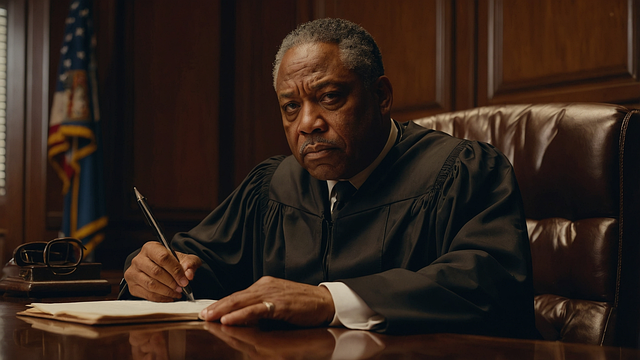Grandparents seeking custody or visitation face complex legal processes, but specialized legal experts can help navigate and protect their rights. Effective grandparent legal representation involves understanding best interests of the child, showcasing stability and positive impact on grandchildren's lives, and staying updated on relevant laws. Skilled attorneys have facilitated healthier relationships through compelling arguments based on the child's best interests and unique grandparent-grandchild bond.
Looking to understand your grandparent’s legal rights or navigate complex custody and visitation laws? This comprehensive guide offers invaluable insights. From recognizing your rights as a grandparent to implementing effective strategies for legal representation, we break down the process. Discover real-life success stories from grandparent legal battles, providing inspiration and practical advice for those facing similar challenges. Dive into this essential resource for exceptional grandparent legal representation.
- Understanding Grandparent's Legal Rights
- Navigating Custody and Visitation Laws
- Strategies for Effective Grandparent Representation
- Case Studies: Success Stories in Grandparent Legal Battles
Understanding Grandparent's Legal Rights

Grandparents who wish to seek custody or visitation rights face a complex legal landscape, and understanding their rights is essential for navigating this process. In many jurisdictions, grandparents have legally protected rights to visit and interact with their grandchildren, especially if the parents are divorced, deceased, or unable to care for them. These rights are often outlined in state laws and court decisions, providing a framework for grandparent legal representation.
Legal experts specializing in grandparent custody and visitation can offer invaluable guidance. They help grandparents understand their legal standing, interpret relevant statutes, and advocate for their interests in court. With their expertise, these professionals ensure that grandparents’ rights are protected and that their relationships with their grandchildren remain intact, fostering a supportive and loving environment for the child’s well-being.
Navigating Custody and Visitation Laws

Navigating custody and visitation laws can be complex, especially when it comes to grandparent rights. In many jurisdictions, grandparents have a legal right to seek custody or visitation with their grandchildren, often referred to as grandparent legal representation. This process involves understanding various factors that courts consider when making decisions regarding child custody, such as the best interests of the child, the strength of the grandparent-grandchild relationship, and any potential impact on the child’s well-being.
Grandparents seeking legal representation should be prepared to present compelling evidence demonstrating their suitability and ability to provide a stable and nurturing environment for their grandchildren. This may include financial stability, a clean criminal record, and a history of active participation in the child’s life. Consulting with an experienced family law attorney specializing in grandparent custody cases can greatly enhance the chances of a favorable outcome, ensuring that rights and interests are protected throughout the legal process.
Strategies for Effective Grandparent Representation

Effective grandparent legal representation involves a strategic approach tailored to each unique family dynamic. Attorneys should begin by thoroughly understanding the specific circumstances surrounding custody and visitation, including any existing relationships between grandparents and grandchildren. This includes gathering relevant documentation, such as medical records, school reports, and historical communication logs, which can strengthen the case for grandparent rights.
Next, crafting a compelling narrative is key. Presenting a well-organized, emotionally resonant argument can sway judges in favor of granting or expanding visitation rights. This might involve highlighting the positive impact grandparents have on their grandchildren’s lives, especially if these relationships are otherwise limited due to parental decisions or circumstances. Additionally, staying informed about relevant legal precedents and statutes pertaining to grandparent rights is essential for robust representation.
Case Studies: Success Stories in Grandparent Legal Battles

In many cases, grandparent legal representation has been instrumental in securing positive outcomes for grandparents seeking custody or visitation rights. For instance, a recent study highlighted a case where a grandmother successfully fought for joint guardianship after her daughter’s death, ensuring stability and love for her grandchildren. This victory was attributed to the grandmother’s dedicated legal team, who presented a compelling argument centered on the child’s best interests and the existing bond between grandparent and grandchild.
Another success story involves a grandfather who challenged a custody arrangement that limited his visitation time. Through skilled grandparent legal representation, he was able to negotiate a new agreement granting him more substantial and regular access to his grandchildren. This positive resolution demonstrates the effectiveness of tailored legal strategies in navigating complex family law issues, ultimately facilitating healthier relationships between grandparents and their young relatives.






